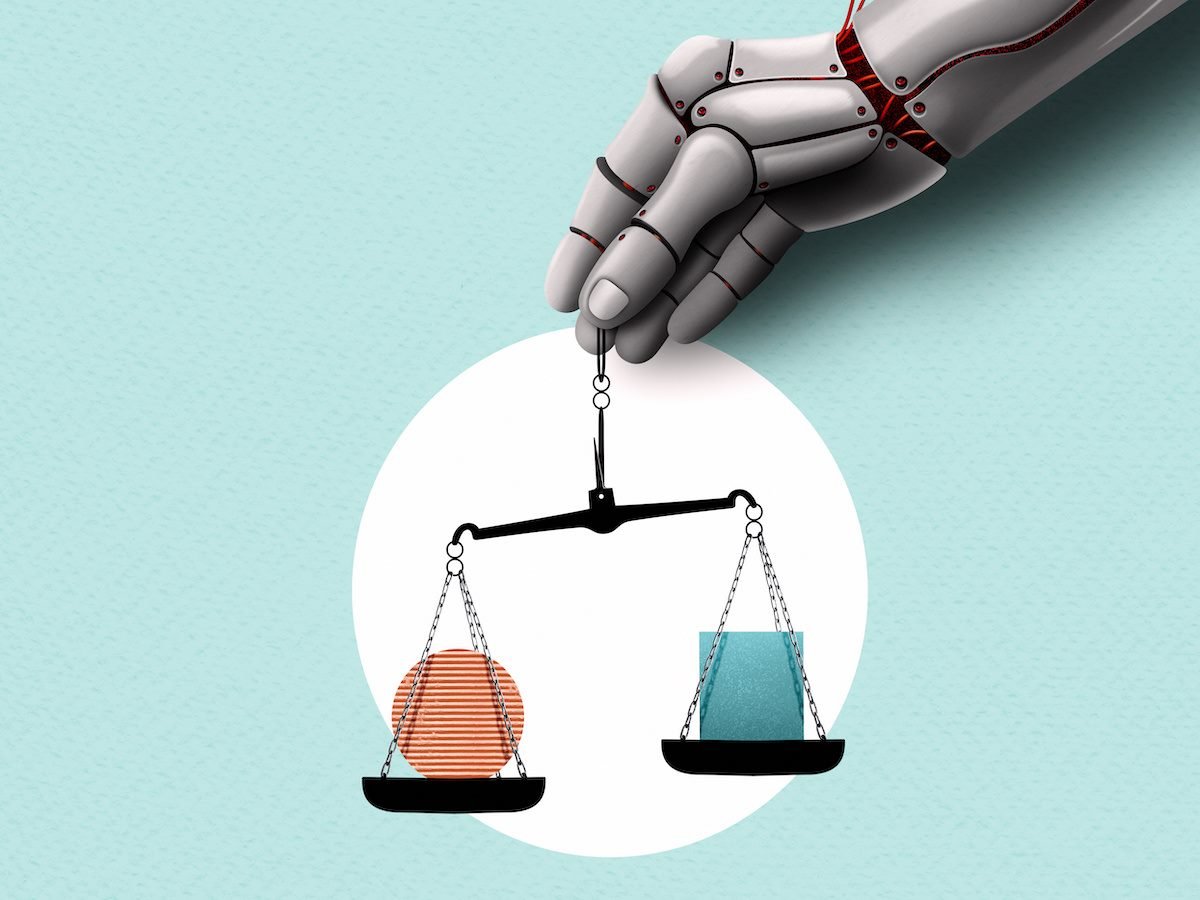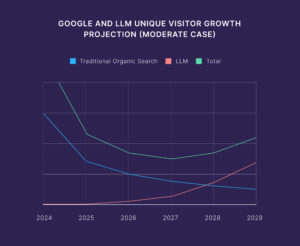“Unlocking Vulnerability: Discover the Surprising Traits That Keep Women from Feeling Safe in Love”
Have you ever felt like you’re walking a tightrope in your relationships, balancing your emotions with a constant undercurrent of anxiety? It’s a scenario many of us know all too well—where even bright sunny days are overshadowed by a lingering sense of unease. I know I have, and trust me, it’s not a pleasant way to navigate love and connection. Reflecting back, I realize this nagging anxiety stemmed from a profound lack of emotional safety, cultivated over years of fears and insecurities. In my journey through wellness and psychology, I’ve discovered that this struggle often manifests in specific, common traits. They’re not signs of weakness, but rather patterns that create a shaky emotional foundation. In this article, I’ll share seven traits indicative of a chronic sense of unease in relationships and offer some insights from my personal experiences and research that could help you find your footing. So, let’s dive in, shall we? You’ll want to stick around—there’s a lot to unpack! LEARN MORE.

I still remember an early dating experience where I felt a constant undercurrent of anxiety, like walking on a tightrope. Even on days when nothing “bad” was happening, I never seemed able to relax my shoulders or quiet my racing mind.
Looking back, I realize I was experiencing a deep lack of emotional safety—something that didn’t just spring up overnight but came from years of ingrained fears, habits, and insecurities.
Through my work in wellness and my personal studies in psychology, I’ve come to see that this struggle with emotional security often has specific traits behind it. These aren’t about “weakness” or any single event that triggers panic but rather a set of tendencies that create a shaky emotional foundation over time.
Below, I’ll share seven common traits that point to a chronic sense of unease in relationships, along with insights I’ve gleaned from both research and real-world stories.
1. Constant need for reassurance
A common trait I’ve noticed is the perpetual search for reassurance, both verbal and nonverbal. It’s not that you ask a simple “Do you love me?” once in a while—it’s that you’re seeking some fresh proof every hour or every day.
If a partner takes a bit too long to respond to a text, thoughts like “Maybe they’ve changed their mind” or “They must be upset with me” can creep in.
In my own life, I’ve experienced moments where I practically needed my partner to confirm we were still solid even after we’d just had a good time together. It was never enough to believe the last expression of love or affection.
Psychology Today has noted that this form of dependency often stems from deeply rooted attachment issues developed in early relationships. Over time, the endless pursuit of validation can become exhausting for everyone involved, creating the exact insecurity we’re hoping to avoid.
2. Difficulty trusting good intentions
When trust feels fragile, everything can seem suspicious. Even a small gesture of kindness might be interpreted as having an ulterior motive. I’ve seen friends who, when offered help, immediately think, “What’s the catch?” This mindset keeps you in a state of hypervigilance.
I’ve been there—dismissing a thoughtful compliment as someone just trying to be polite or feeling an odd sense of discomfort when a partner did something sweet without my prompting. Dr. Brené Brown, known for her work on vulnerability, often talks about how a mistrust of others is intimately connected to a mistrust of ourselves.
If we can’t believe we’re genuinely deserving of warmth, we’ll question every good intention. This shaky trust creates a wall that blocks real connection, making you feel even less secure in the long run.
3. Overanalyzing words and actions
When we never feel emotionally safe, we tend to overthink everything. Did my partner seem a little quieter tonight? That must mean something’s wrong. Did they cancel a plan? Now I’m convinced they’re pulling away for good. It’s like your mind becomes an overactive detective, gathering clues and forming elaborate theories.
I’ve lost count of how many times I’ve replayed a conversation in my head, dissecting each sentence to find hidden meanings. But the reality is, in many cases, people have off days, or they say things without deeper implications. Overanalysis can morph typical misunderstandings into significant relationship stress.
From a psychological standpoint, persistent rumination can intensify anxiety, leaving you feeling insecure even in stable relationships. The cycle continues: the more you overanalyze, the less at ease you are—because you’ve just convinced yourself something must be terribly wrong.
4. Avoidance of vulnerability
Another trait that often emerges is a near-total avoidance of vulnerability. Being emotionally safe means you can show your soft spots and speak your worries, knowing they won’t be weaponized against you. Yet, some of us avoid that level of openness like it’s a trap.
I remember a phase where I believed that if I never opened up, no one could reject the “real” me. In practice, this approach can keep relationships shallow. You might share easy stories or general updates, but hold back on the deeper thoughts and feelings.
Avoiding vulnerability might seem protective, but it usually creates distance and confusion for partners who want to connect more meaningfully. According to one of Dr. Andrew Huberman’s podcast discussions, emotional openness can actually foster neurological pathways tied to trust and bonding.













